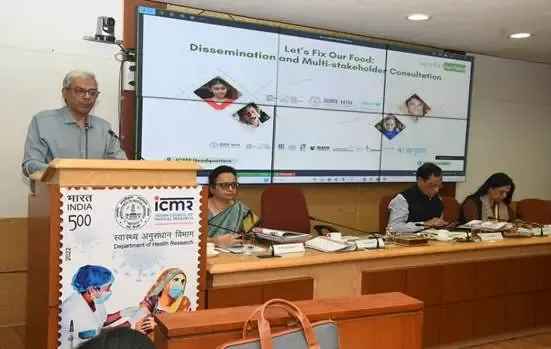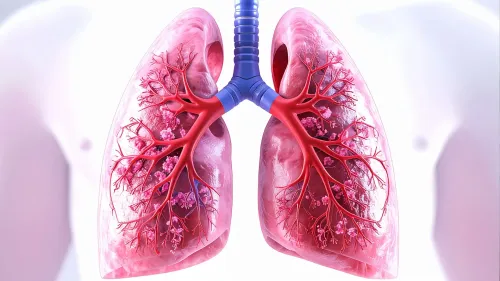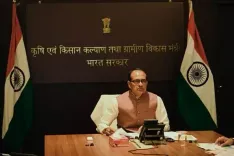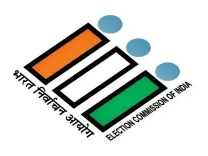ICMR Emphasizes Investment in Adolescent Nutrition to Combat Obesity

Synopsis
Key Takeaways
- ICMR stresses the importance of adolescent nutrition.
- Collaboration among stakeholders is key to healthier food environments.
- Obesity among adolescents is a growing public health crisis.
- Evidence-based policies can help mitigate the obesity epidemic.
- Regulatory measures and fiscal policies are essential in this battle.
New Delhi, March 28 (NationPress) Investing in adolescent nutrition is a pressing national necessity and crucial for addressing the escalating obesity crisis in the country, stated Rajiv Bahl, Secretary and Director General of the Indian Council of Medical Research on Friday.
He made these remarks during a stakeholder consultation on the Let’s Fix Our Food (LFOF) Consortium, which took place in the national capital.
The LFOF Consortium is a collaborative initiative involving multiple stakeholders, spearheaded by ICMR-NIN, PHFI, and UNICEF, working together with both national and international bodies to establish healthier food environments for adolescents.
Experts at the event concentrated on ensuring that Indian adolescents have access to healthy food environments as a means to combat the rising incidence of overweight and obesity, which is directly associated with an increase in various non-communicable diseases (NCDs) such as diabetes, hypertension, and cancers.
“Investing in adolescent nutrition is not merely a health concern but a national necessity. By creating healthier food environments and enforcing evidence-based policies—such as imposing sensible restrictions on food advertising aimed at children, potentially taxing foods high in fats, sugars, or salt, and enhancing nutrition literacy—we can safeguard the health of future generations,” emphasized Dr. Rajiv Bahl.
“The increasing burden of overweight and obesity among adolescents is a significant crisis. If it remains unaddressed, it will have enduring repercussions on public health and economic productivity,” warned Dr. V.K. Paul.
According to the National Family Health Survey (NFHS)-5 (2019-21), approximately 24% of women and 23% of men in India are classified as overweight or obese.
Additionally, there has been a rise in the proportion of overweight children under 5 years old (weight-for-height) from 2.1% in NFHS-4 (2015-16) to 3.4% in NFHS-5 (2019-21).
The LFOF Consortium aspires to promote evidence-based policies, empower youth through nutrition education, and advocate for regulatory frameworks that support healthier food options. It acknowledges that improving food environments for adolescents is vital to address the expanding issue of overweight and obesity.
During the event, experts also introduced several policy briefs and research updates, and conducted a panel discussion to explore strategies for enhancing multi-sectoral collaboration in nurturing healthier food environments.
The experts discussed regulatory approaches, adolescent-led advocacy, and fiscal measures, including taxation on unhealthy foods, to mitigate the rising obesity epidemic.









